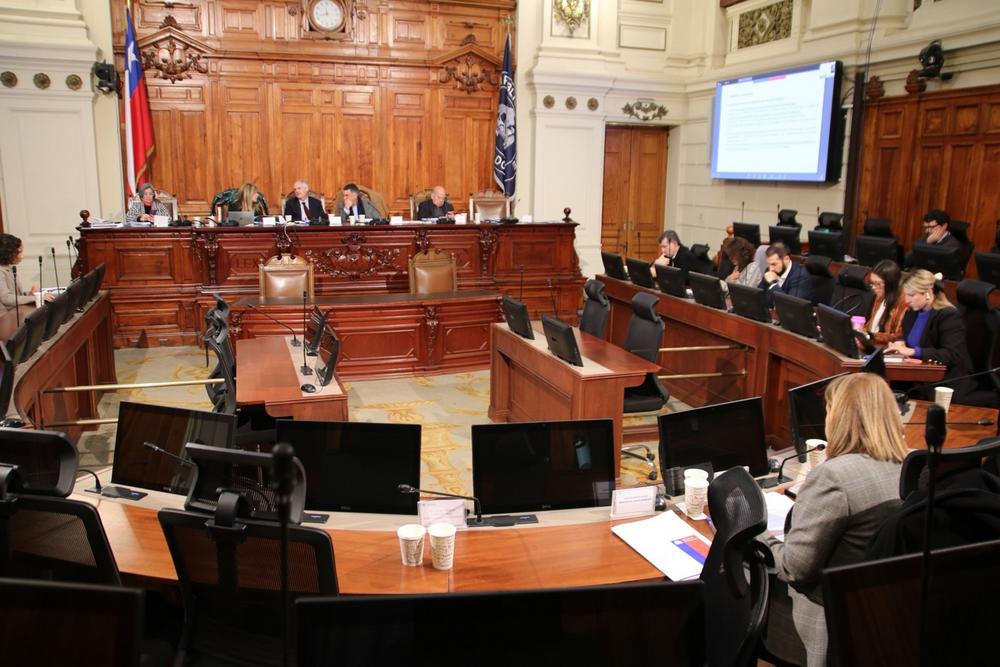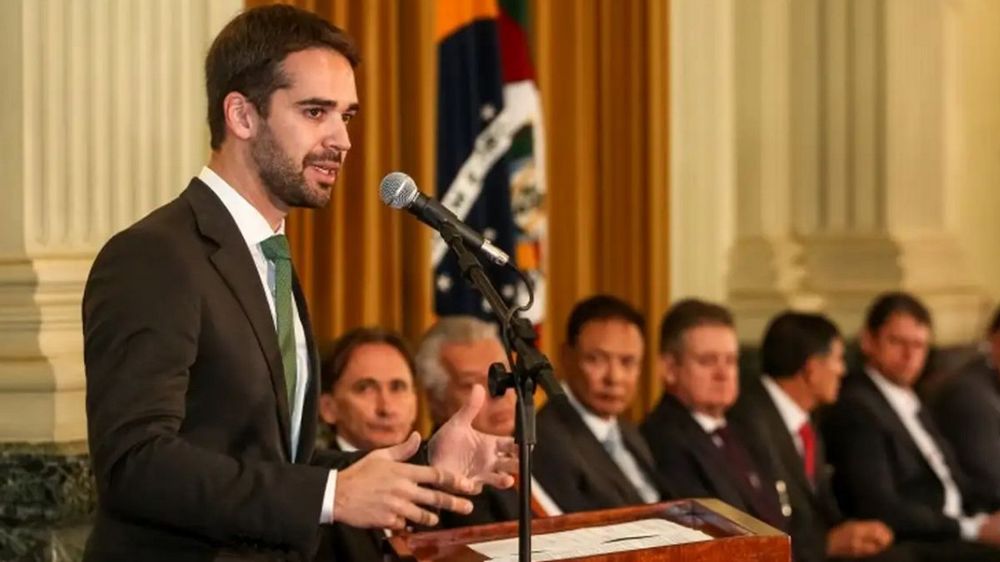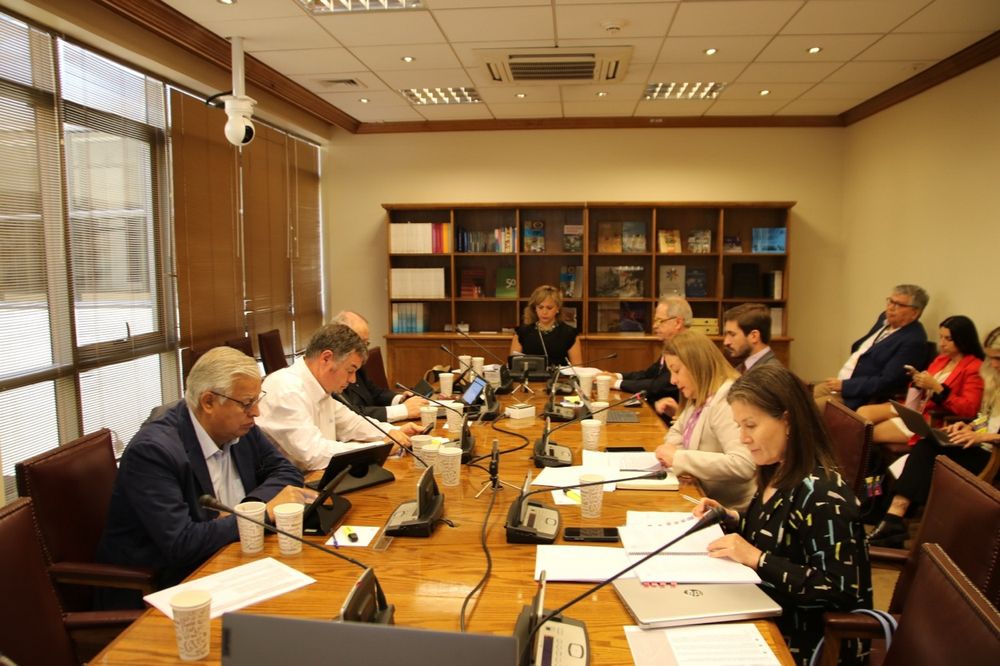A coalition of Peru’s largest online sportsbooks has initiated amparos—urgent legal injunctions—to block the application of the 1% Selective Consumption Tax (ISC) on bets. They argue the tax is a discriminatory burden that distorts competition and threatens the licenced betting market’s sustainability.
Under Decree 1644, ISC applies to every bet made on Peruvian platforms. Local operators are expected to absorb the cost, while foreign-registered bookmakers may pass it directly to players—an asymmetry that domestic firms say is unconstitutional under Peru’s principle of tax equality. They also highlight that ISC applies to promotional bonuses—funds that operators don’t actually collect—making it effectively a “tax on ghost money.”
Tax lawyers widely criticize the scheme as overreaching. They claim the ISC was drafted hastily, without properly defining taxable events or ensuring a fair implementation timeline. The rushed nature of the decree has created uncertainty for firms investing in compliance systems and platform upgrades.

The Ministry of Economy and Finance (MEF) and Peru’s tax authority (SUNAT) have already collected millions of soles from ISC since February. The government says the revenue supports public services and aligns with anti-gambling addiction measures. But operators warn that the immediate cashflow impact could force smaller firms out, driving players toward offshore, unregulated markets.
In Parliament, legislators are considering a technical amendment (“autógrafa de ley”) to align ISC rules, exempt promotional funds, and ensure equitable treatment for all operators. This must be approved soon, or ongoing amparos could halt ISC collection entirely.
Peru now stands at a critical inflection point: uphold fiscal innovation with equitable rules—or risk destabilizing its rapidly growing iGaming sector. The outcome of this legal battle could define the competitive landscape for online betting in Peru for years to come.










































